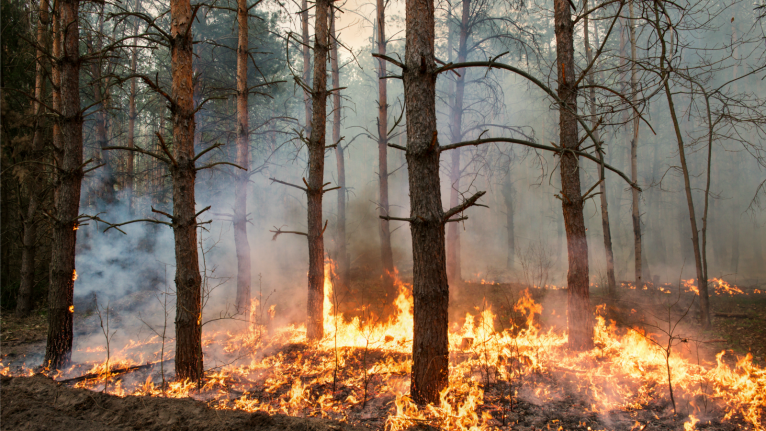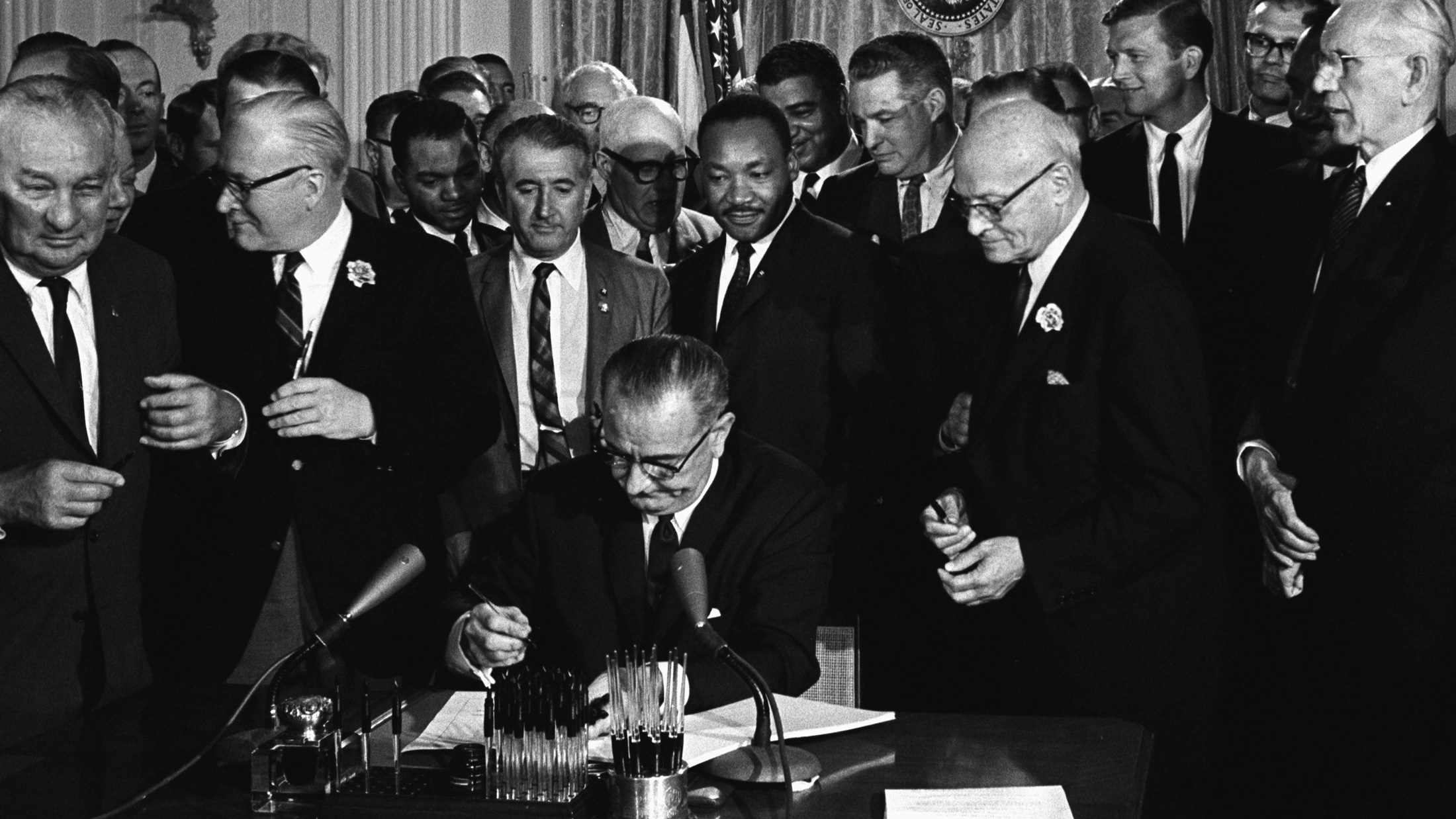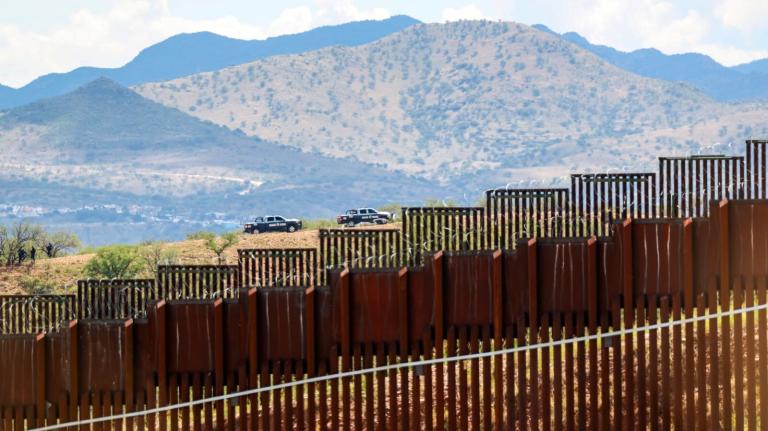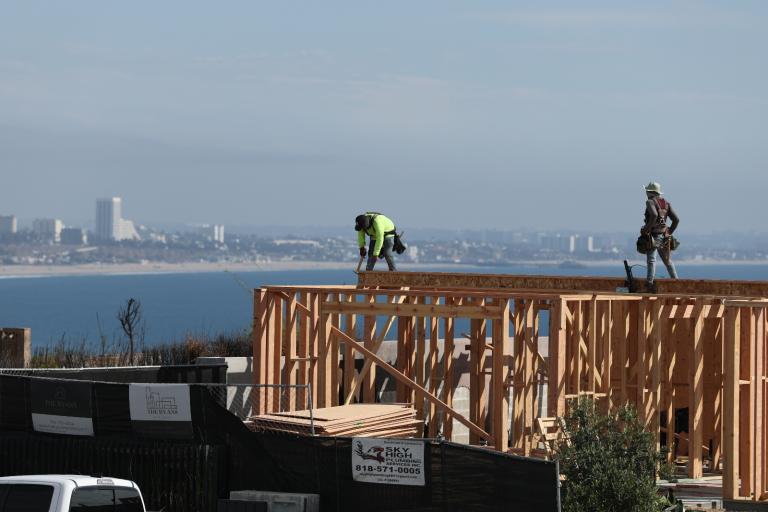People of a certain age and political persuasion may have fond memories of marching to protest the Vietnam War. “Hey, hey, LBJ. How many kids did you kill today?” the hippies and radicals of the era chanted in Washington.
His escalation of the conflict in Vietnam has been widely considered Lyndon Baines Johnson’s biggest misstep as president. Until now.
It turns out that in 1965, a group of climate scientists gave President Johnson a report on the dangers of increasing levels of carbon dioxide in the atmosphere due to burning fossil fuels. That’s right: An American president knew about climate change five decades ago.
From The Guardian:
The report included a section on atmospheric carbon dioxide and climate change, written by prominent climate scientists Roger Revelle, Wallace Broecker, Charles Keeling, Harmon Craig, and J Smagorisnky. Reviewing the document today, one can’t help but be struck by how well these scientists understood the mechanisms of Earth’s climate change 50 years ago. …
These climate scientists warned President Johnson in 1965 not just of the dangers associated with human-caused global warming, but also that we might eventually have to consider geoengineering the climate to offset that warming and the risks that we’re causing by inadvertently running a dangerous experiment with the Earth’s climate.
The climate scientists of 1965 were eerily prescient. “Through his worldwide industrial civilization,” the report read, “Man is unwittingly conducting a vast geophysical experiment. Within a few generations he is burning the fossil fuels that slowly accumulated in the earth over the past 500 million years … The climatic changes that may be produced by the increased CO2 content could be deleterious from the point of view of human beings. The possibilities of deliberately bringing about countervailing climatic changes therefore need to be thoroughly explored.”
Although LBJ actually released the report for publication, and mentioned the threat of increasing carbon dioxide in a message to Congress, his administration’s focus was on solving more immediate and visible types of pollution — like unsightly trash along America’s highways. The dangers of burning fossil fuels were not explored, as we well know, which leads us to now — with levels of carbon in the atmosphere reaching dangerously close to the point of no return, and seemingly our only hope in the hands of the same political leaders who have failed to do anything about the catastrophe that awaits us. Will our leaders in Paris do more than LBJ did five decades ago? Here’s hoping, so that in another 50 years, our children and grandchildren won’t look back and wonder what in the world went wrong.




